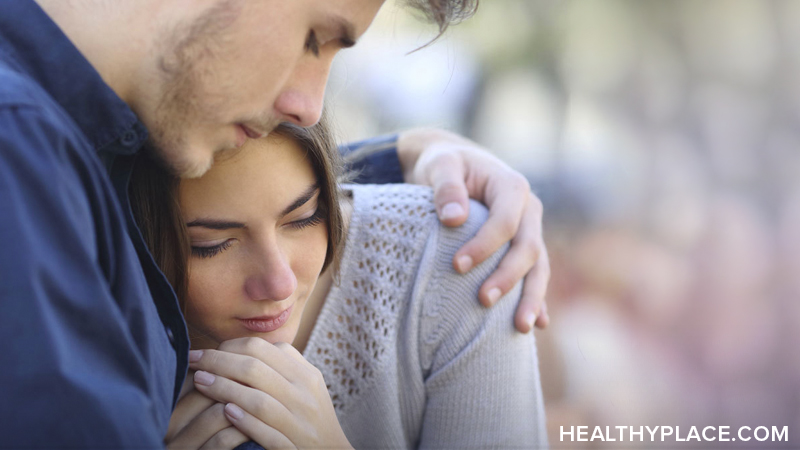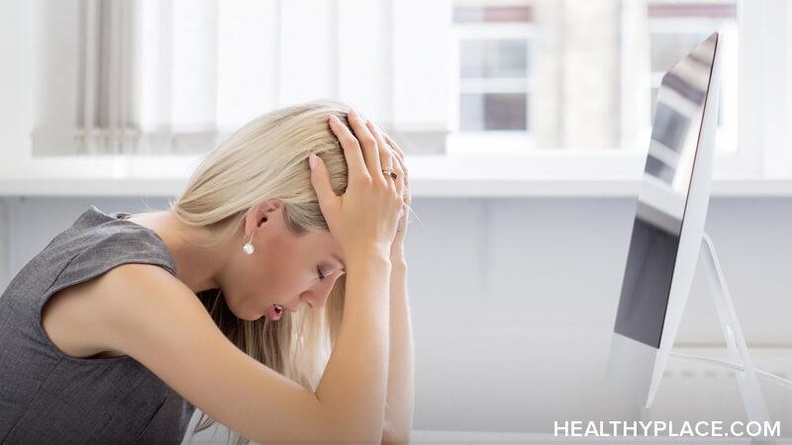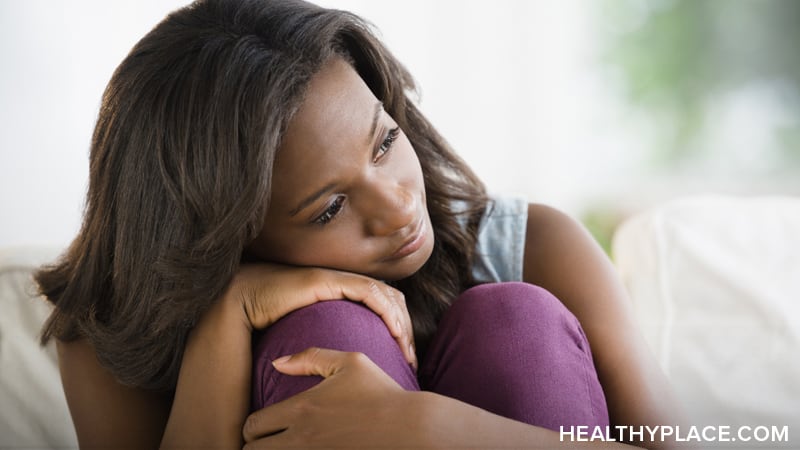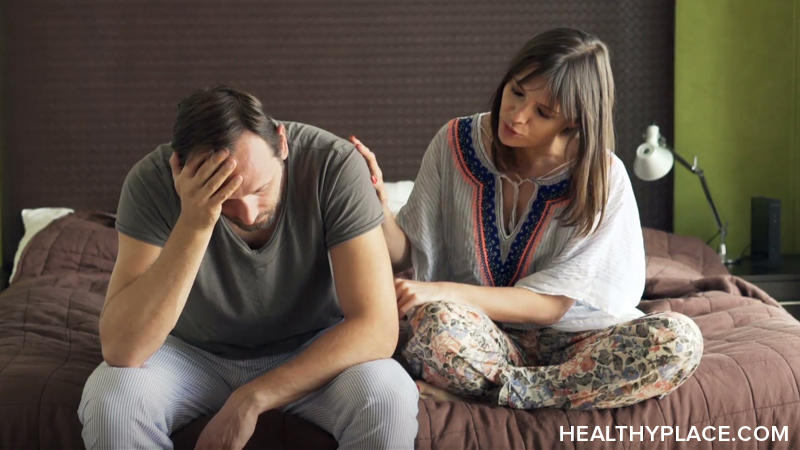What to Do When You’re Living with Depression for Years
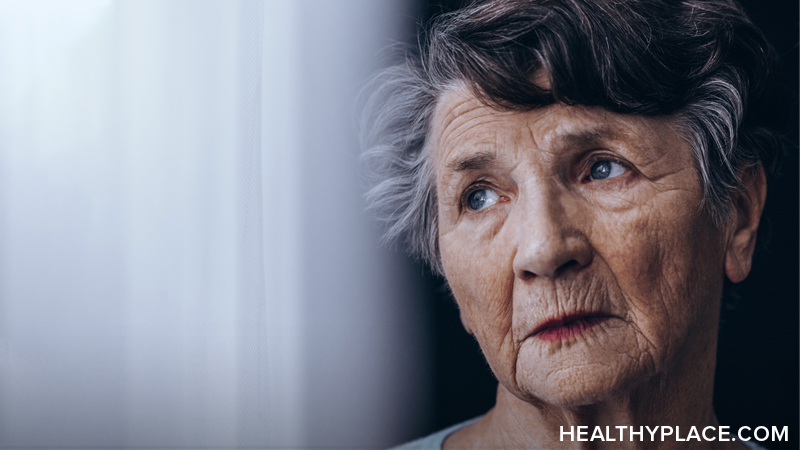
Living with depression is difficult. For those living with depression for years, the struggles can seem almost unbearable. Chronic depression takes its toll and can significantly impact lives, but the situation isn’t hopeless. If you’ve been struggling with depression for a long time, there are things you can do to loosen its grip on you.
Living with Depression for Years Causes Suffering
When you live with chronic depression, you may notice that this disorder’s intensity fluctuates and can be mild at times, sometimes moderate, and severe at other times. Regardless of the degree of severity, some symptoms are always present. This can interfere in quality of life. Studies have shown that chronic depression creates more impairment in functioning than shorter-lasting depression (Harvard Health Publishing, 2009).
Having unrelenting symptoms of depression can seem like the illness is your lifestyle. It’s wearing to have long-term:
- Lack of interest in activities
- Isolation from people, including friends and family
- Relationship problems
- Hopelessness
- Frustration
- Negative outlook on yourself and your life
- Difficulties having fun or experiencing pleasure
- Challenges adjusting to limitations
- Struggles with school or work
Living with depression for years interferes in your ability to create a quality life and feel good about it, and it also impacts your healthy relationship with yourself, robbing you of a positive sense of who you are. When depression endures, it can seem like it’s just who you are, your very identity. This is a real belief. However, it’s inaccurate and distorted by depression.
Acknowledging your thoughts and feelings about yourself and then considering that they may be caused by depression and therefore not true can be an effective starting point for healing from chronic depression. Give yourself permission to ponder questions such as:
- Am I really my depression?
- Who am I at my core?
This creates some distance between you and the illness, which you can use to expand your sense of yourself and what you’d like your life to be like. This isn’t easy, of course, but by seeking professional help you can discover the real you and live well with depression.
Continually Struggling with Depression: What Helps?
Three general types of treatment exist for those living and struggling with depression for years: antidepressants, mental health therapy, and developing a collection of coping skills. All have been shown to be somewhat effective on their own, and when you use them in combination, their effectiveness increases. Also, for long-term depression, these depression treatments are best when continued over time.
Many types of medication exist for depression. Regular appointments and open communication with your doctor or psychiatrist for medication and your therapist for mental health treatment will help you get what you need for the right length of time.
Three types of therapy have been shown in research studies to be helpful for chronic depression.
Interpersonal therapy lets you explore who you are, separate from depression. Over time and with persistence, you discover yourself, realize that depression is not your identity regardless of how many years you’ve had it, and develop genuine self-esteem and positive self-regard.
Cognitive behavioral therapy (CBT) helps you identify, challenge, and change the automatic negative thoughts of chronic depression. With the guidance of a therapist, you’ll begin to reclaim your thoughts so you can live your life unencumbered by depressive thoughts and feelings.
Cognitive Behavioral Analysis System of Psychotherapy (CBASP) This version of CBT focuses on how you perceive people, situations, and events. Communication and behaviors are key components, too. You learn to break down problems and discover things that might have changed if you behaved or reacted differently. You see how depression takes over and learn new ways of responding to issues that make things more positive.
Regardless of the type of therapy you have, you’ll work with your therapist to develop positive coping skills and ways to use them to lessen depression’s hold on you. You’ll create skills that are specific to you and your life situation. In general, the purpose of developing coping skills is to help you:
- Gradually return to activities
- Rebuild relationships that have suffered
- Remember what you used to enjoy and/or discover new passions
- Increase social interactions (join groups, take classes, volunteer)
- Plan physical activities to boost mood and keep depression away
Taking medication and engaging in therapy will help you go from struggling with depression for years to seeing yourself and your life in a new light and feeling willing and able to participate. It’s possible to overcome chronic depression, but it is a process that takes time and patience with yourself. As you take back your life, you just might develop self-confidence that you didn’t know you had and passions you didn’t know you wanted to pursue. Imagine the possibilities of living without depression for years.
APA Reference
Peterson, T.
(2022, January 3). What to Do When You’re Living with Depression for Years, HealthyPlace. Retrieved
on 2025, October 27 from https://www.healthyplace.com/depression/effects/what-to-do-when-youre-living-with-depression-for-years

